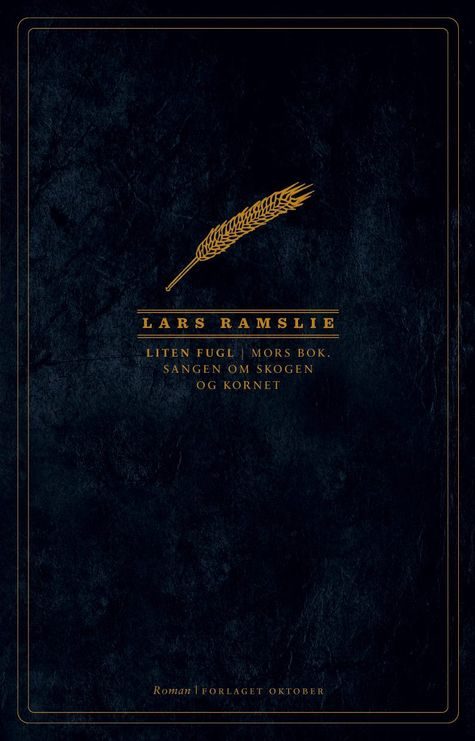“Ramslie lets everything be coloured by Mother’s point of view, and creates a convincing portrait of a person who despises her surroundings … The novel draws a horrifying picture of the many nuances of psychological abuse … this year’s novel constitutes a complete story in itself, but there are symbols and signs which indicate a more wide-ranging narrative. This time it is primarily a terrifying person who is conjured up, in order to illuminate Ramslie’s core themes: what does it mean to be human, what is violence, and what is compassion and dignity?”
Dagbladet
“A novel which sharply distinguishes itself from the bulk of Norwegian contemporary literature. A chilling, transgressive novel about violence disguised as empathy.”
Aftenposten
“A remarkable piece of literature … obliquely and elegantly, Lars Ramslie reveals a relationship of power and powerlessness which in all its apparent normality includes facets of genuine compassion and care, but where the desire for control and influence is hard to suppress … Great literary ambitions characterise Little Bird, Mother’s Book, and these are very nearly fulfilled. There is a strong, latent tension in the novel, which will potentially be released in one of his highly anticipated future novels”
Dagsavisen
“There is plenty of thrill in the story, which is told with momentum. With fear and tremor we read on to find out how the girl ended up in the bed. When disaster finally strikes, it is prosaic and stripped of inflated effects. This emphasises the mundanity of the tragedy. The question is whether it could have been avoided. If only the people who were supposed to be responsible had been so, then maybe?The strength of the text is how it leaves the question to us. Read and judge for yourself”
Vårt Land
“Cold and emotional. Ramslie is capable of rattling off striking insights that makes it hard for the reader to believe that the author is not a woman in a boarding school … Ramslie’s sensitivity to human self-delusion and emotional blackmail makes Little Bird a regular interesting read. As in reality, the relations between people’s motives and actions are not direct, and Ramslie displays a considerable strength in describing this coldly and straightforwardly, mostly through the plot rather than through analysis … For an author who is barely 40, break of ten years causes significant expectations, but he returns as a consummate grown-up author”
Dagens Næringsliv
“Ramslie’s new novel is a disturbing story of the power of the caring … the book frequently offers beautiful, quiet depictions … The question of what has happened is the thrill of the book, which is strongly enforced by a vague eeriness connected to mother’s unspoken motives”
Klassekampen
“It has been a long time, but one thing remains: You never know what to expect from a new Ramslie book … a fascinating novel, planned to be the first in a series. I look forward to following the characters, although I cannot say I have grown fond of any of them … Moreover, I trust that when Ramslie writes a book, he has something to say”
NRK P2



